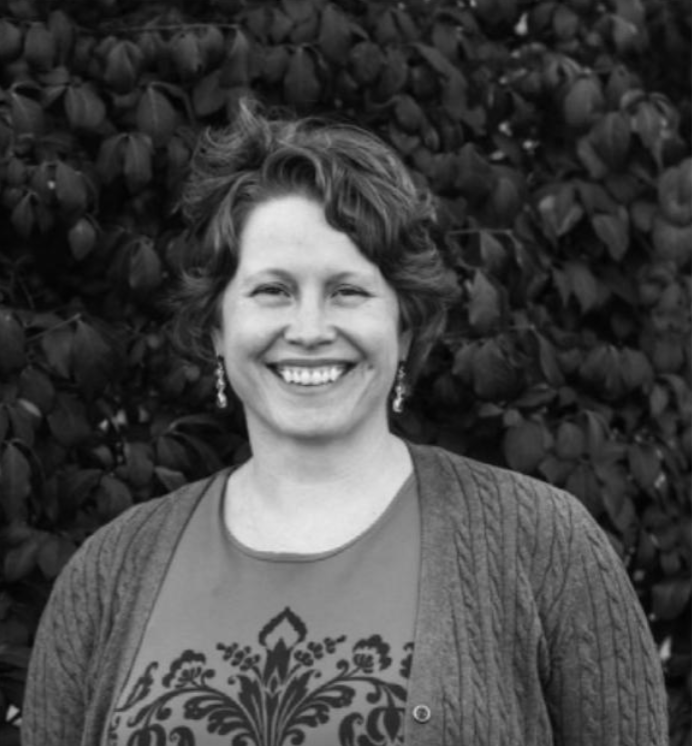Sarah O’Connor, Staff Writer
Achieving tenure as a professor at any university is a huge academic achievement and requires a lot of time and work in service to their university and their academic portfolio.
At USM, applicants for tenure must fill out the personnel action form to be judged by the Board of Trustees and their academic department after they complete their sixth probationary year at the university, according to the official document, USM Criteria for Tenure and Ranks. After obtaining recommendations from peers in and out of their desired university, students, an individual from the university provost’s office, and the president of USM, they must provide a portfolio of their work to the Board of Trustees.
All that work is worth it for the benefits that tenure brings. Tenure is the award of a permanent post in a university, offering stability to the professor who achieves it. This opportunity is extremely hard to come by, though, according to Dr. Adam Tuchinsky, Dean of the College of Arts, Humanities, and Social Sciences.
Regarding the rigor of the process that academics face entering the profession, Tuchinsky said, “Given the paucity of academic jobs, most reputable PhD programs are highly selective. Only top students even apply for PhD programs and acceptance rates hover at around 15%. “
Completion rates for getting a PhD in humanities is low, and even those that complete their PhD, only 50 to 60 percent of academics land tenure track positions after their roughly eight year process of completing their PhD, according to Tuchinsky.
“All of which is to say that faculty undergo a roughly fourteen-year apprenticeship before reaching the “promised land” of tenure,” Tuchinsky said.
Drawn to USM for a variety of reasons, academics must make a decision regarding which university’s personality matches their own. The mission of USM, the diversity of the study body, the location and the programs that have faculty with national and international reputations make USM an attractive university. For Jamie Picardy, an assistant professor on the tenure track at the new Food Studies Program, USM seemed to be the right fit for her.
“Our study body is one that I can relate to personally, with a similar working class to middle class background,” Picardy said. “Being someone in my family, the first female to go on to a higher education, I identify with many of the students here. I contribute to the metro-Portland economy… The third reason is the strong support and excitement over the development of a food studies program. I find there’s a wonderful creative energy here at the institution as well as in the greater Portland area to support the launch of this great idea, and I want to be part of this energy.”
Once an academic is hired on tenure track, they must demonstrate in their six years of probation that they are worthy of the award. Each department has their own set of criteria for evaluating academics for tenure and promotion to be submitted to the University of Maine System Board of Trustees. According to the University of Southern Maine Criteria for Tenure and Ranks document, the faculty members of USM are evaluated for tenure on the basis of their teaching contribution, first and foremost, their creative scholarly achievement, and their service to both the university and local community. Service could include participating and leading professional associations, consulting, working in community projects, overseeing department interns, or developing curriculum.
While tenure provides stability for professors at universities across the nation, USM holds professors accountable with peer evaluations every four years.
“Tenure does not mean the end of accountability,” Tuchinsky said.
According to Tuchinsky, tenured faculty are reviewed by academic administration and their peer units, reviewing both their work as scholars and teachers. These reviews also include student evaluations, which faculty and administration take seriously.
Tuchinsky said, “At USM, we are particularly concerned that faculty live up to our service promise: that students feel that faculty and staff treat them respectfully, compassionately, and equitably.”
Tuchinsky notes that while accountability under tenure is a priority, tenure gives faculty the freedom to “investigate unpopular ideas” and “gives faculty an investment in the university, encouraging a long-term stake in the institution.”
For Picardy entering a new program at USM, she feels feels that she is making an impact in the university community.
“My initial mark has been the actual development and implementation of some of the curriculum,” Picardy said, “as well as building a network of community partners… or actually taking the needs of our community partners and taking it to the classroom to create community engaged projects that, in the end, we’ll have a product that our stakeholders can use. I think that’s the value I add to this program.”
USM has a broad range of tenured professors with a focus in attaining younger academics. Tuchinsky argues this is more affordable as tenured professors rarely change institutions.
“Salaries for professors remains somewhat low compared to other learned professions because universities don’t have to compete for mid-career professors,” Tuchinsky said.
Tenure therefore benefits students with experienced and creative professors, the tenured professors, and the university they work for.

